In Dak Lak province, where dengue fever remains a major public health challenge, especially in remote areas with large ethnic minority populations, the Center for Supporting Community Development Initiatives (SCDI) is working with the provincial Center for Disease Control (CDC) to conduct a serological survey and a Knowledge, Attitude, and Practice (KAP) assessment on dengue prevention under the DENGAGE Project.
On October 31, 2025, a consensus meeting was held with the participation of the Deputy Director of the Dak Lak Department of Health, provincial CDC leaders and representatives, as well as officials from local People’s Committees, health centers, and commune health stations. The meeting marked an important milestone in launching the community survey and reaffirmed all parties’ commitment to proactive dengue prevention and control.
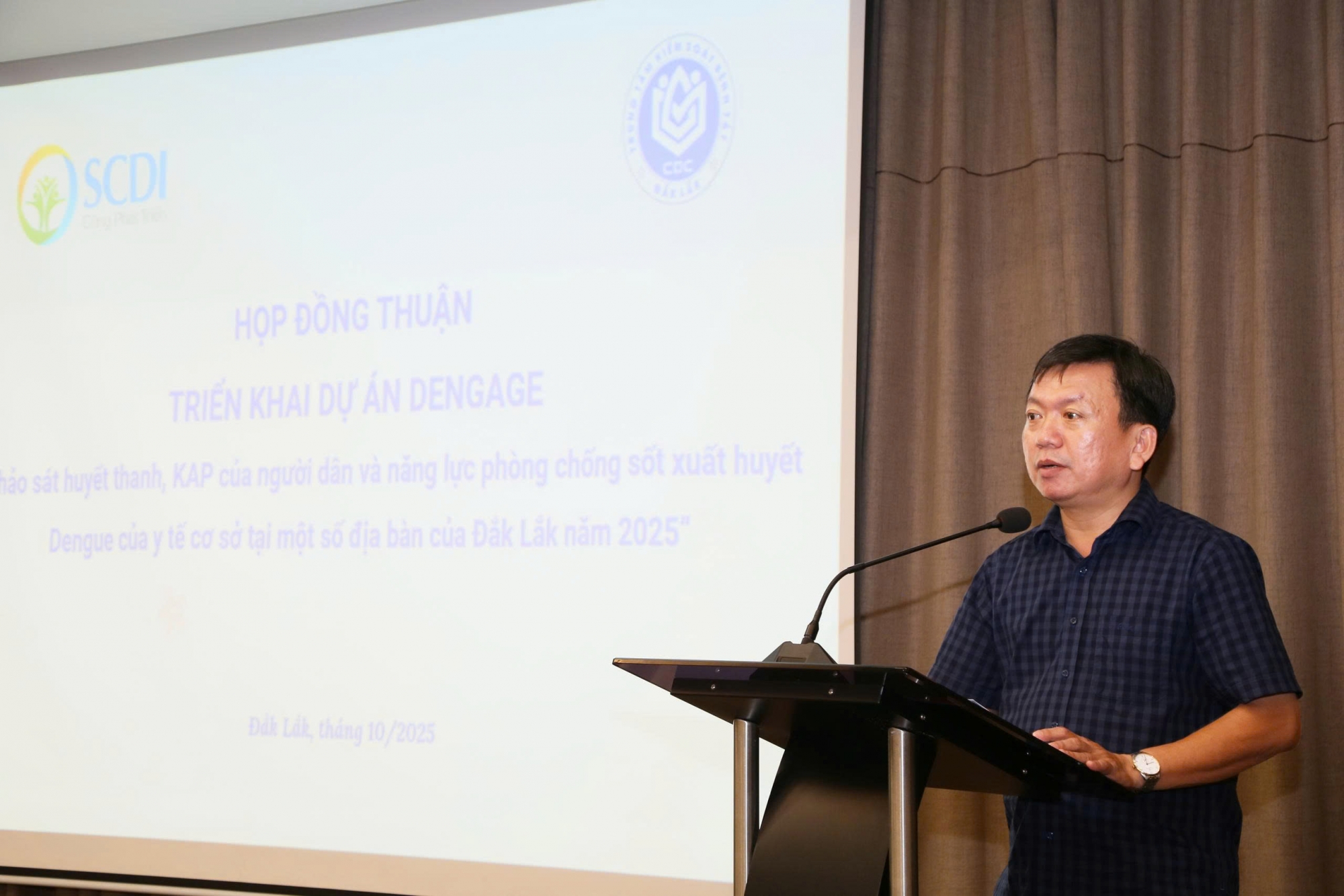
Photo: Mr. Huynh Le Xuan Bich, Deputy Director of Dak Lak Department of Health, delivering remarks at the meeting.
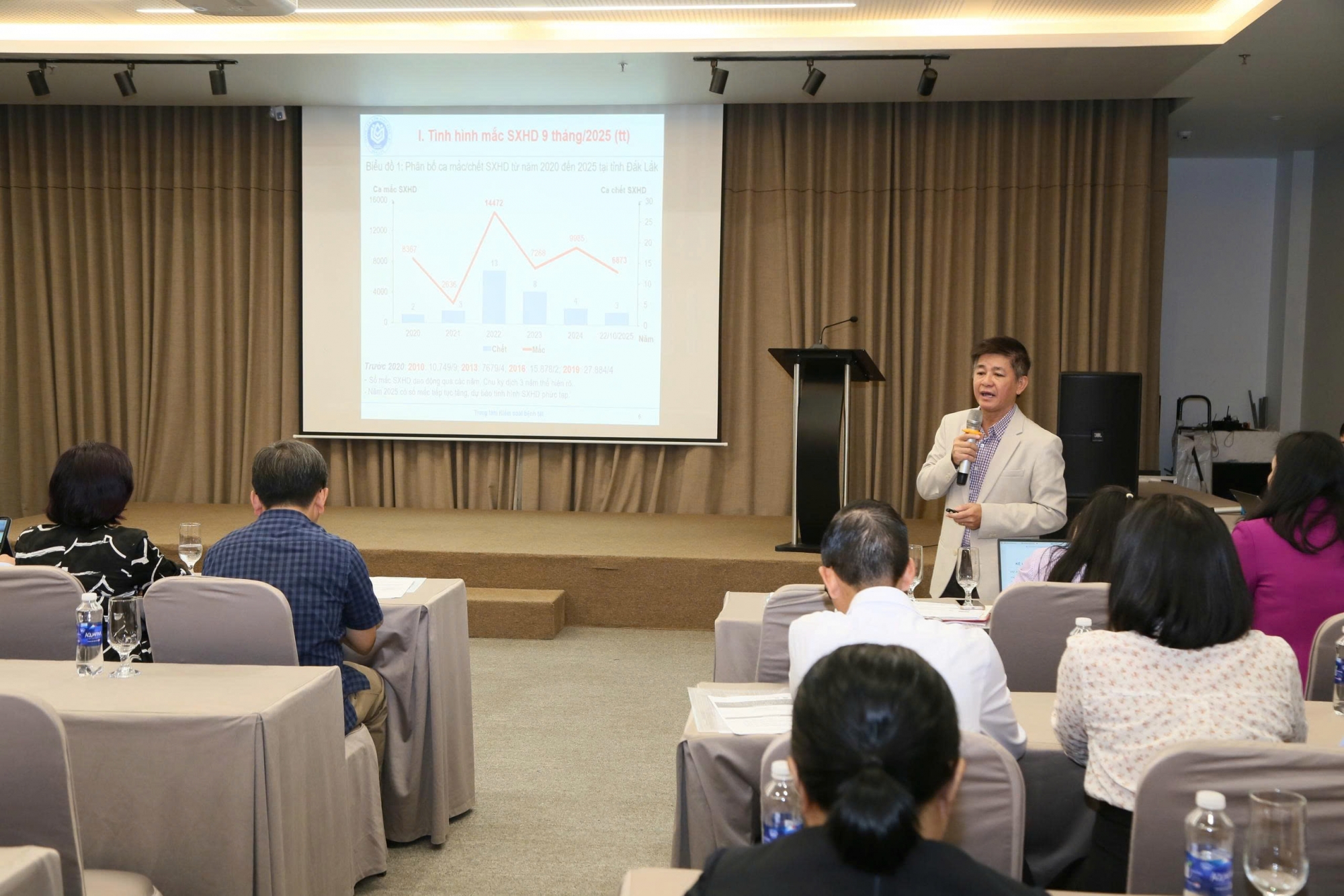
Photo: Mr. Le Phuc, Deputy Director of Dak Lak CDC, sharing updates on the dengue situation in the province.
.jpg)
Photo: Ms. Nham Thi Tuyet Thanh, Deputy Director of SCDI, speaking at the meeting.
The project is being implemented in 10 communes, engaging 1,650 participants through combined serological testing and KAP assessments on dengue prevention. Alongside the survey, the project team also conducts focus group discussions and in-depth interviews with health workers, local leaders, and community members to gain a more comprehensive understanding of the biological and social factors influencing dengue transmission.
Based on the collected evidence, the project aims to propose feasible, context-specific solutions to strengthen early case detection, enhance outbreak preparedness, and foster community participation in vector control. The initiative has received strong support from local partners, commune health staff, and community collaborators—key actors in bringing dengue prevention measures closer to each household. These collective efforts not only improve local response capacity but also contribute to building a healthier, more proactive, and resilient community against dengue in the future.

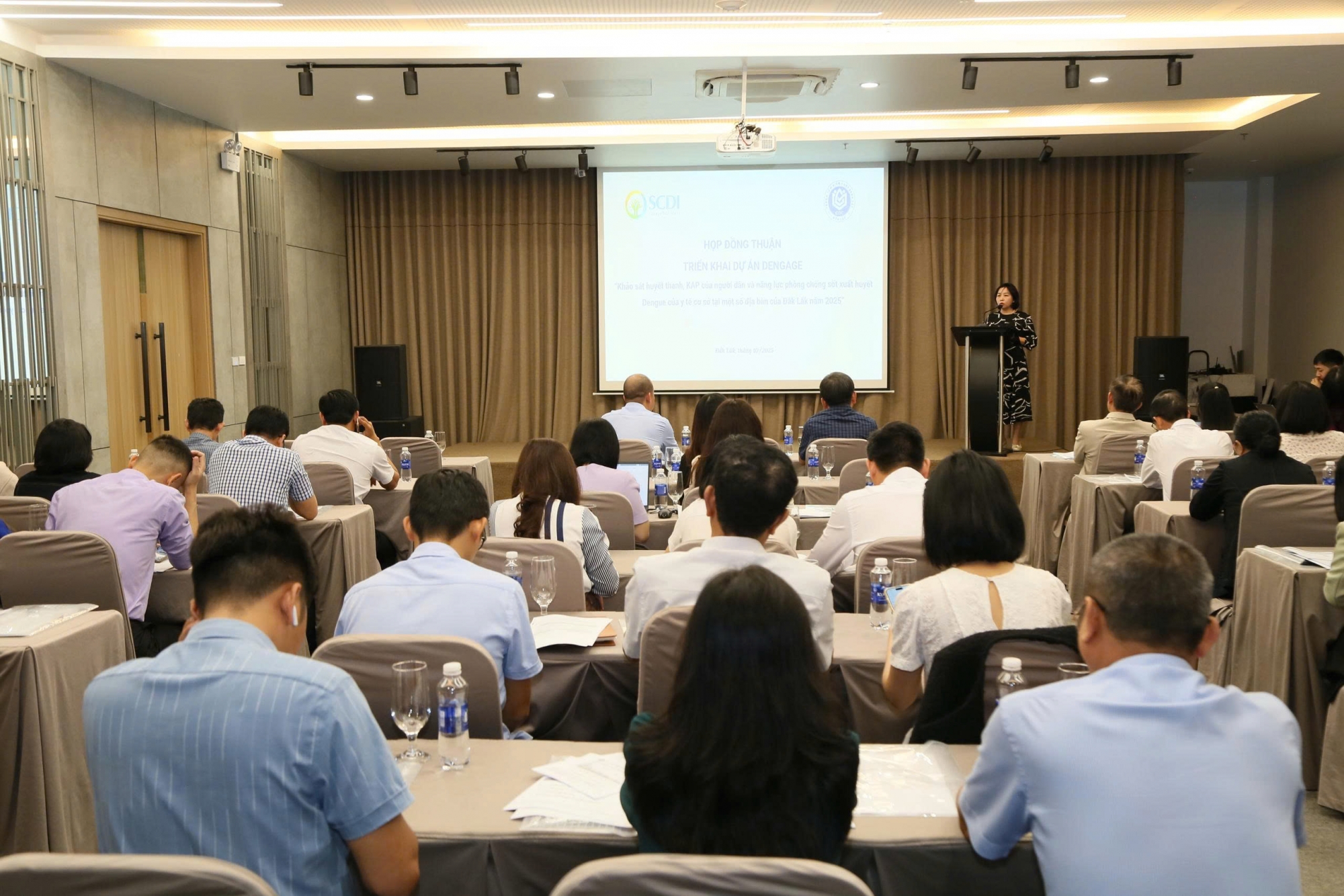


.png)
.jpg)
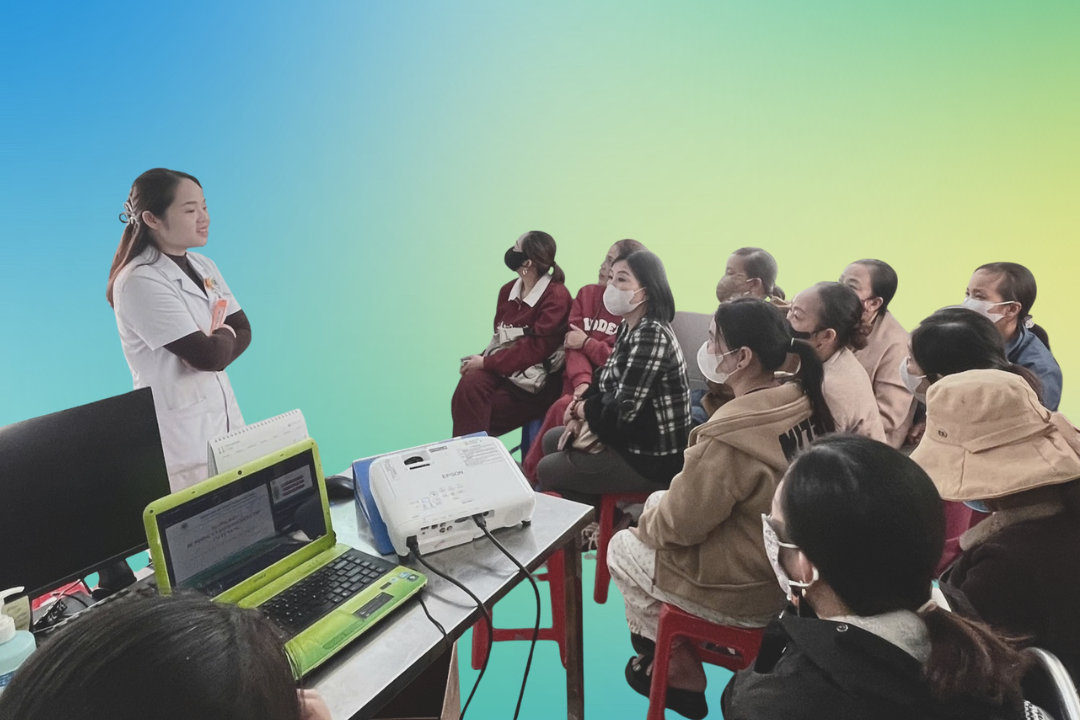


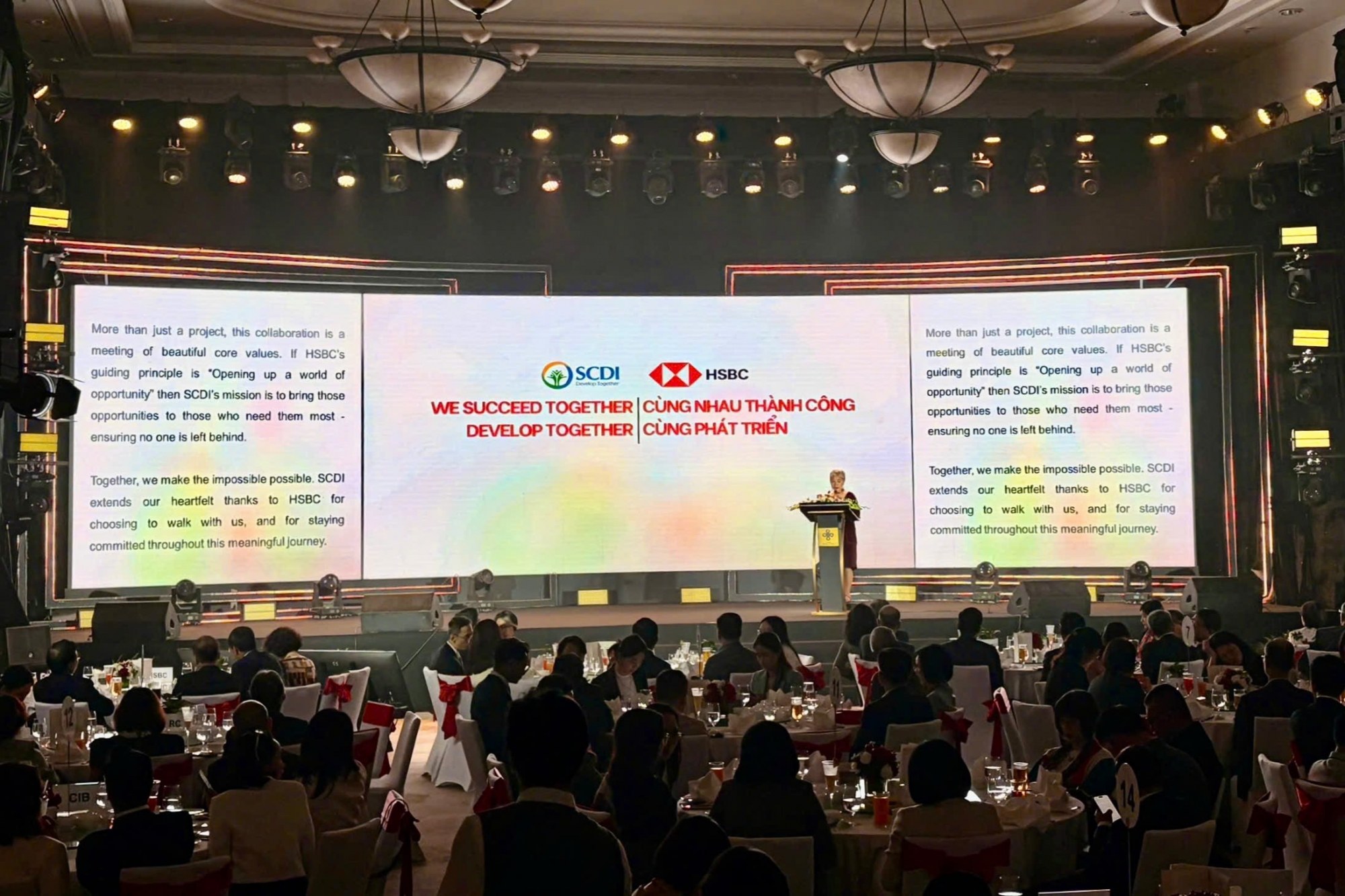
.jpg)
